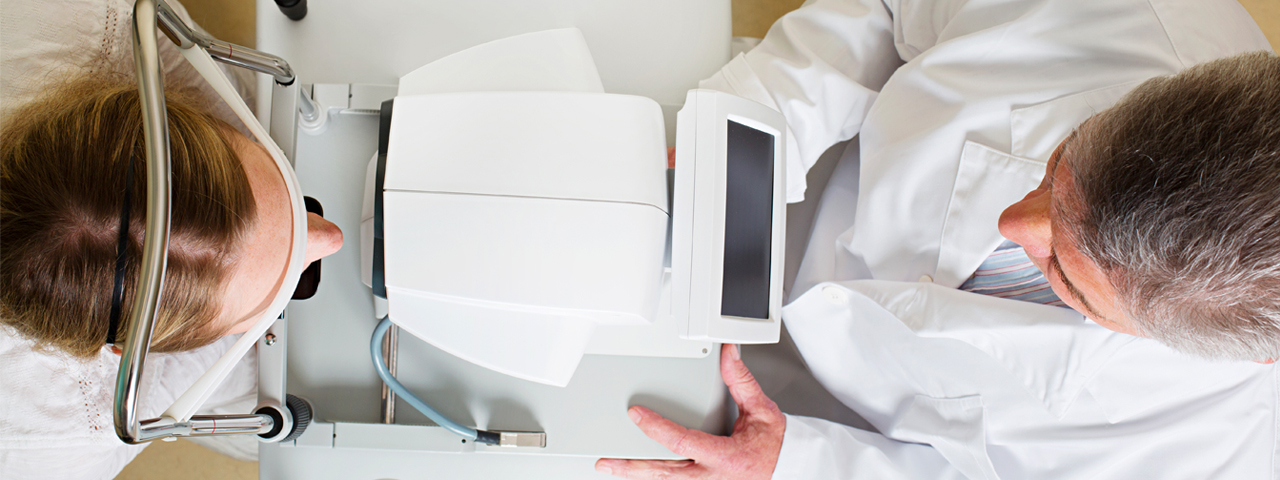
Regardless of your age or physical health, it's important to have regular eye exams.
Dr. Alisa Khan will evaluate your vision at a variety of focal lengths and suggest the best prescription to meet out visual demands. Your eye muscle coordination is evaluated to ensure your eyes are optimally balanced while looking at the world. Each eye exam concludes with an ocular health assessment to monitor the eye for any changes that could put you at risk for eye conditions. At the end of your appointment, a management plan will be implemented to keep your eyes as healthy as they can be.
Eye care experts recommend you have a complete eye exam every year to assess your risk for potentially damaging eye conditions, as well as to keep on top of any changes in the vision you may be experiencing.
 Children. Some experts estimate that approximately 5% to 10% of pre-schoolers and 25% of school-aged children have vision problems. According to the American Optometric Association (AOA), all children should have their eyes examined at 6 months of age, at age 3 and again at the start of school. Children without vision problems or risk factors for eye or vision problems should then continue to have their eyes examined at every year.
Children. Some experts estimate that approximately 5% to 10% of pre-schoolers and 25% of school-aged children have vision problems. According to the American Optometric Association (AOA), all children should have their eyes examined at 6 months of age, at age 3 and again at the start of school. Children without vision problems or risk factors for eye or vision problems should then continue to have their eyes examined at every year.
Children with existing vision problems or risk factors should have their eyes examined more frequently. Common risk factors for vision problems include:
- premature birth
- developmental delays
- turned or crossed eyes
- family history of eye disease
- history of eye injury
- other physical illness or disease
The AOA recommends that children who wear eyeglasses or contact lenses should have their eyes examined at least every 12 months or according to their eye doctor's instructions. Read more about Pediatric Eye Exams.
Adults. The AOA also recommends an annual eye exam for any adult who wears eyeglasses or contacts. If you don't normally need vision correction, you still need an eye exam every year. Doctors often recommend more frequent examinations for adults with diabetes, high blood pressure, and other disorders, because many diseases can have an impact on vision and eye health.
If you are over 40, it's a good idea to have your eyes examined every one to two years to check for common age-related eye problems such as presbyopia, cataracts and macular degeneration. Read more about Vision After 40.
Because the risk of eye disease continues to increase with advancing age, everyone over the age of 60 should be examined annually. Read more about Vision After 60.
